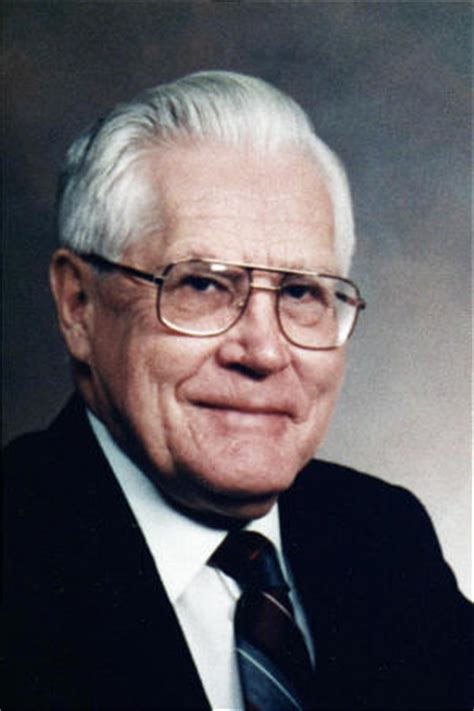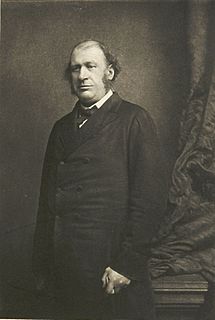A Quote by Rene Descartes
Situations in life often permit no delay; and when we cannot determine the course which is certainly best, we must follow the one which is probably the best. This frame of mind freed me also from the repentance and remorse commonly felt by those vacillating individuals who are always seeking as worthwhile things which they later judge to be bad.
Quote Topics
Related Quotes
Time, which measures everything in our idea, and is often deficient to our schemes, is to nature endless and as nothing; it cannot limit that by which alone it had existence; and as the natural course of time, which to us seems infinite, cannot be bounded by any operation that may have an end, the progress of things upon this globe, that is, the course of nature, cannot be limited by time, which must proceed in a continual succession.
If an organised body is not in the situation and circumstances best adapted to its sustenance and propagation, then, in conceiving an indefinite variety among the individuals of that species, we must be assured, that, on the one hand, those which depart most from the best adapted constitution, will be most liable to perish, while, on the other hand, those organised bodies, which most approach to the best constitution for the present circumstances, will be best adapted to continue, in preserving themselves and multiplying the individuals of their race.
It is one thing to be delivered from bad thoughts, and another to be freed from the passions. Often people are delivered from thoughts, when they do not have before their eyes those things which produce passion. But the passions for them remain hidden in the soul, and when the things appear again the passions are revealed. Therefore it is necessary to guard the mind when these things appear, and to know toward which things you have a passion.
It is part of the moral tragedy with which we are dealing that words like 'democracy,' 'freedom,' 'rights,' 'justice,' which have so often inspired heroism and have led men to give their lives for things which make life worthwhile, can also become a trap, the means of destroying the very things men desire to uphold.
Discipline brings us effort, sacrifice and suffering. Later it brings us something of an inestimable value: something of which those who live only for pleasure, profit or amusement will always be deprived. This peculiar indefinable joy which one must have felt oneself to understand is the sign with which life marks its moment of triumph.
The particular aspect of history which both attracts and benefits its readers is the examination of causes and the capacity, which is the reward of this study, to decide in each case the best policy to follow. Now in all political situations we must understand that the principle factor which makes for success or failure is the form of a state's constitution: it is from this source, as if from a fountainhead, that all designs and plans of action not only originate but reach their fulfillment.
Each must act as he thinks best; and if he is wrong, so much the worse for him. We stand on a mountain pass in the midst of whirling snow and blinding mist through which we get glimpses now and then of paths which may be deceptive. If we stand still we shall be frozen to death. If we take the wrong road we shall be dashed to pieces. We do not certainly know whether there is any right one. What must we do? Be strong and of a good courage. Act for the best, hope for the best, and take what comes. . . . If death ends all, we cannot meet death better.
I cannot but be astonished that Sarsi should persist in trying to prove by means of witnesses something that I may see for myself at any time by means of experiment. Witnesses are examined in doutbful matters which are past and transient, not in those which are actual and present. A judge must seek by means of witnesses to determine whether Peter injured John last night, but not whether John was injured, since the judge can see that for himself.
Life in cyberspace is often conducted in primitive frontier conditions, but it is a life which, at its best, is more egalitarian than elitist and more decentralized than hierarchical. It serves individuals and communities, not mass audiences, and it is extraordinarily multi-faceted in the purposes to which it is put.





































